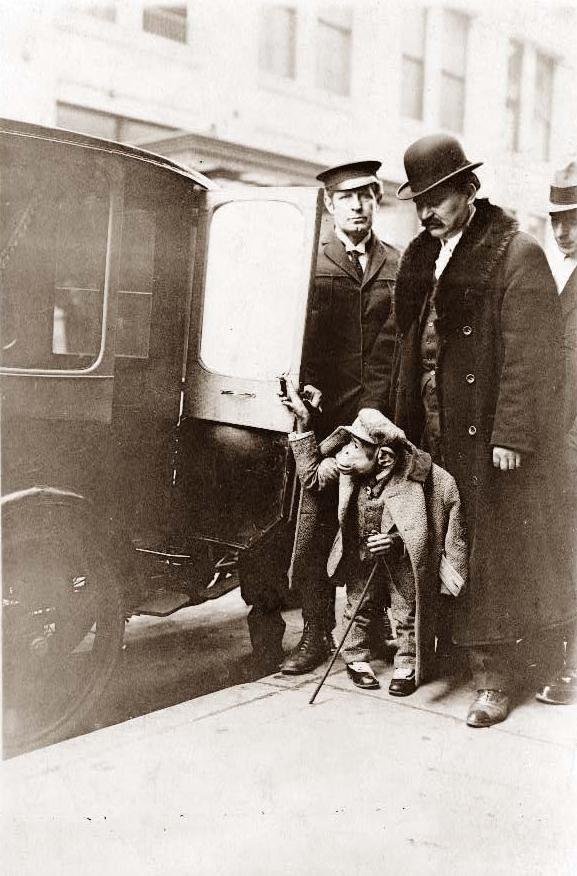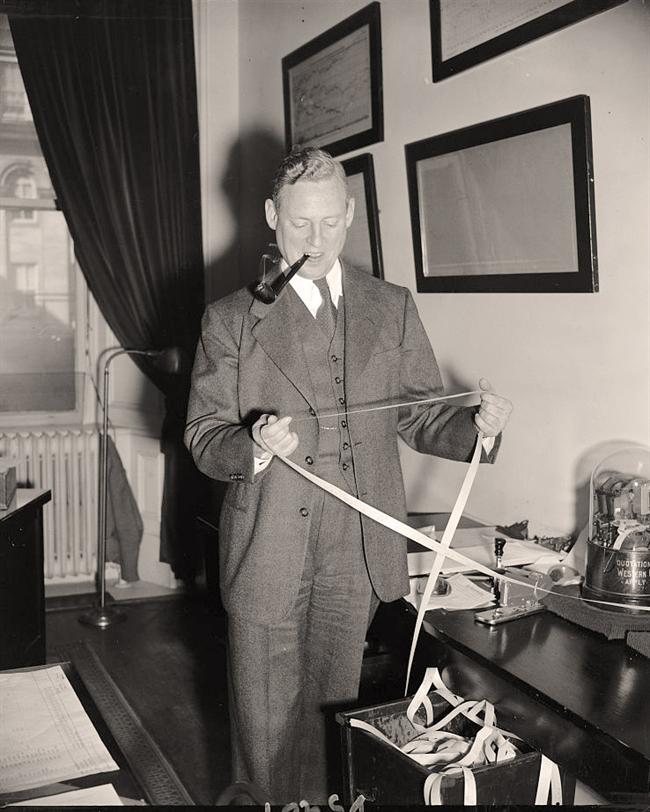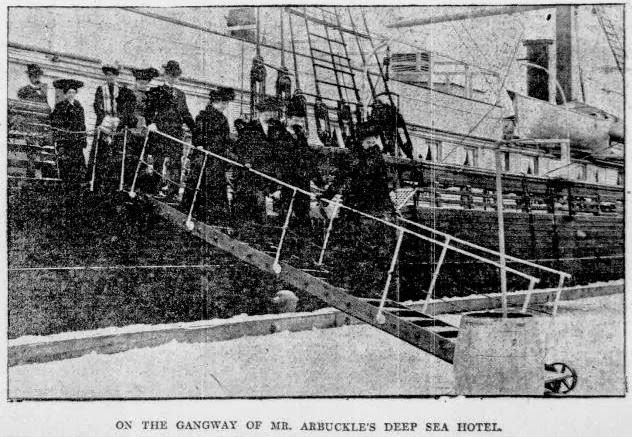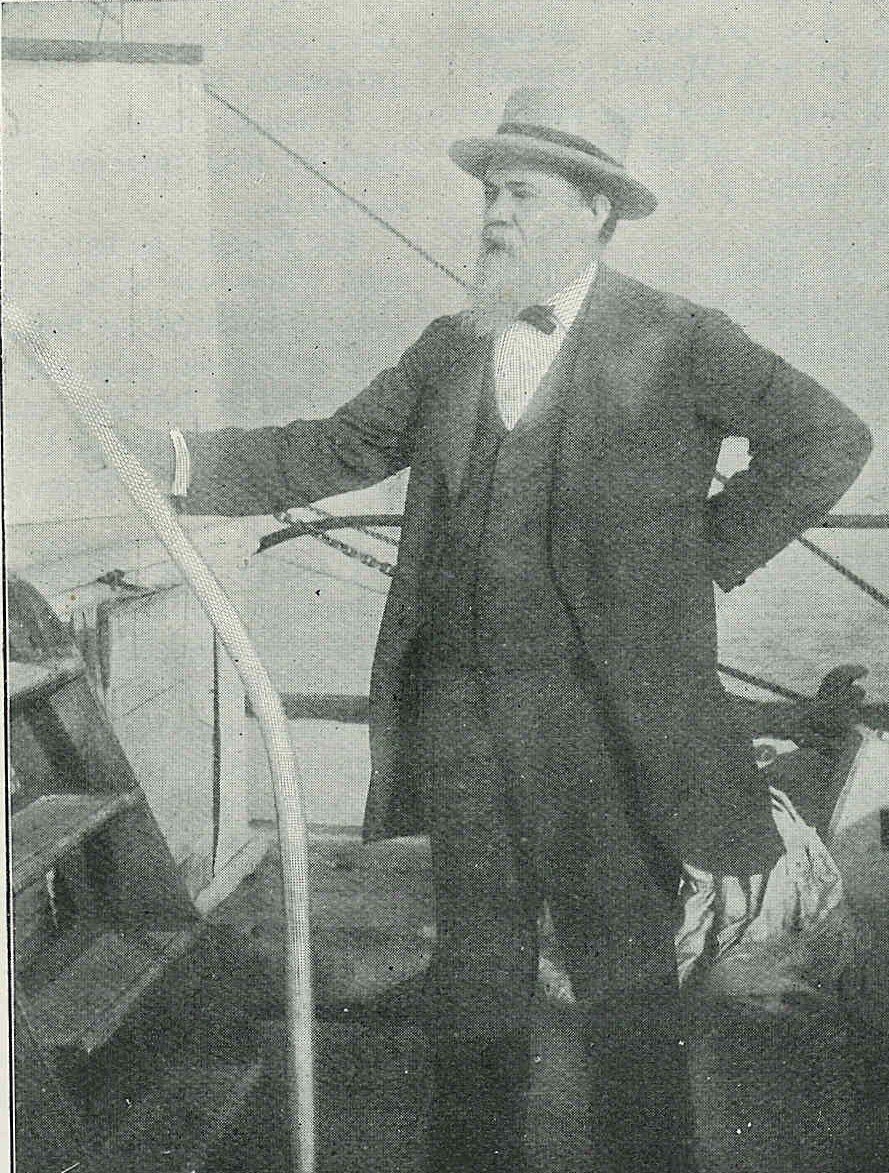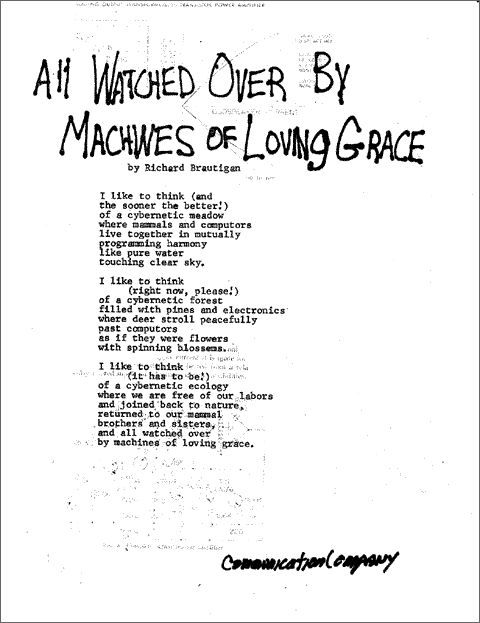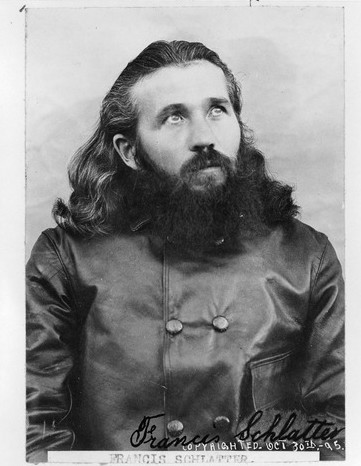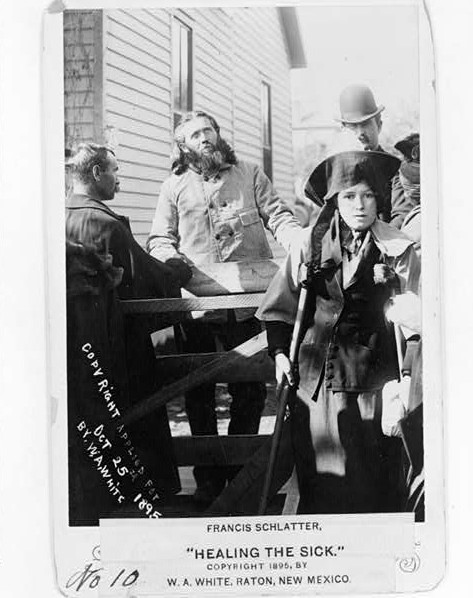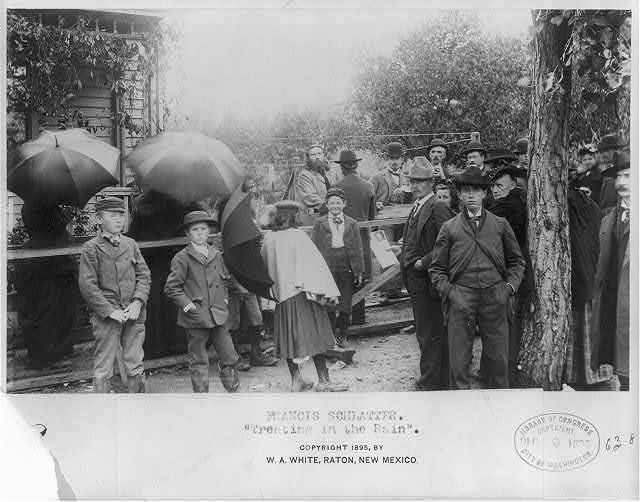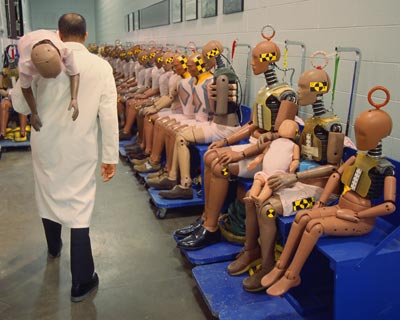
Very happy to see that the bizarre attack on economist Tyler Cowen at George Mason didn’t result in any serious injury. Strange world.
I think any nation as mobile and armed as this one (though thankfully there was no gun involved in this case) desperately needs universal healthcare with a strong mental-wellness component. Are there fewer incidences of gun violence in a country which has abundant firearms and universal coverage (e.g., Canada) than in the U.S., which is only now belatedly trying to guarantee care for all its citizens, because insured people can see a doctor when they need to? There are probably lots of cultural reasons for the disparity, but it seems like focus in this area could be beneficial.
From a really interesting 2009 interview Cowen conducted with philosopher Peter Singer, a dialogue about using immigration as a poverty-fighting tool:
“Tyler Cowen:
For instance, in my view, what is by far the best anti-poverty program, the only one that’s really been shown to work, and that’s what’s called ‘immigration.’ I don’t even see the word ‘immigration’ in your book’s index. So why don’t we spend a lot more resources allowing immigration, supporting immigration, lobbying for immigration? This raises people’s incomes very dramatically, it’s sustainable, for the most part it’s also good for us. Why not make that the centerpiece of an anti-poverty platform?
Peter Singer:
That’s an interesting point, Tyler. I suppose, one question I’d like to ask is: is it sustainable? Isn’t it the case that if we take, as immigrants, the people who are the most enterprising, perhaps, of the poor countries that we’re still going to leave those countries in poverty, and their populations may continue to rise, and eventually, even if we keep taking immigrants, we will reach a capacity where we’re starting to strain our own country?
Tyler Cowen:
There’s two separate issues: one is ‘brain drain’ from the third world. I think here’s a lot of research by [Michael Clemens], showing that it’s not a problem, that third world countries that have even somewhat functional institutions tend to benefit by sending people to other countries. India’s a good example: a lot of Indians return to India and start businesses, or they send money back home. Mexico is another example. Maybe North Korea is somewhat different, but for the most part immigration seems to benefit both countries.
I don’t think we could have open borders; I don’t think we could have unlimited immigration, but we’re both sitting here in the United States and it hardly seems to me that we’re at the breaking point. Immigrants would benefit much more: their wages would rise by a factor of twenty or more, and there would be perhaps some costs to us, but in a cost-benefit sense it seems far, far more effective than sending them money. Do you agree?
Peter Singer:
I must admit that I haven’t thought a lot about immigration as a way of dealing with world poverty. Obviously, from what you’re saying, I should be thinking more about it, but I can’t really say whether I agree until I have thought more about it.”

